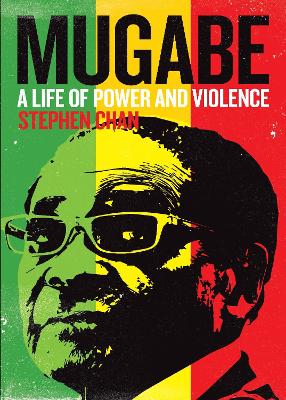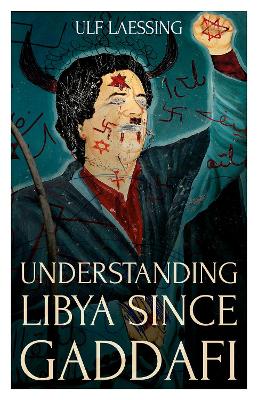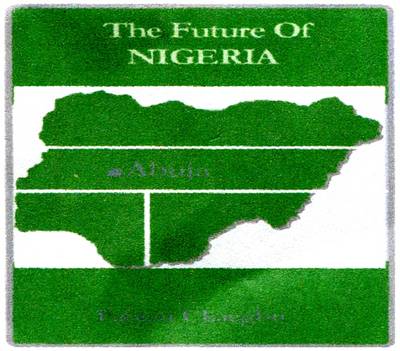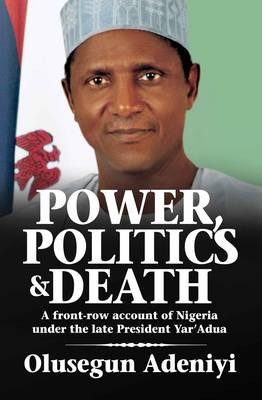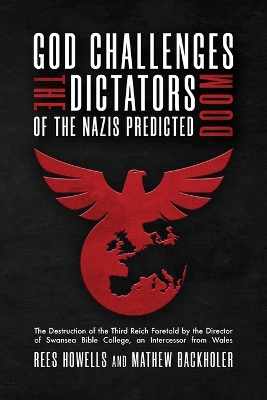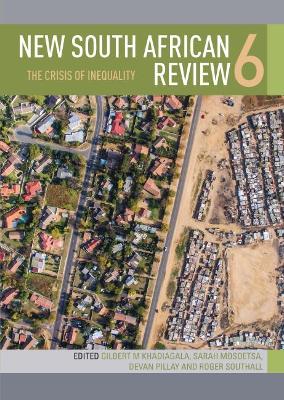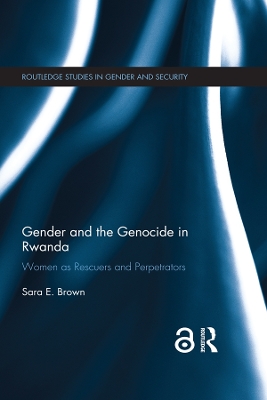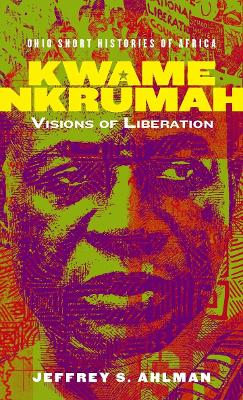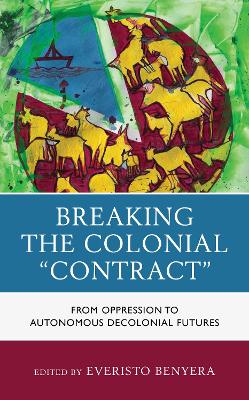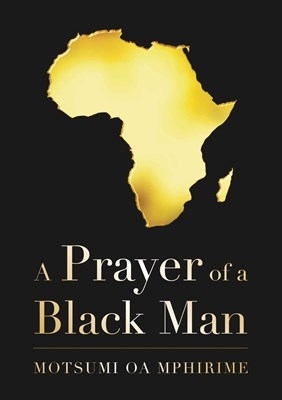On 21st November 2017 Robert Mugabe resigned as President of Zimbabwe after 37 years in power. A week earlier the military had seized control of the country and forced him to step down as leader of the ruling Zanu-PF party. In this revised and updated edition of his classic biography, Stephen Chan seeks to explain and interpret Mugabe in his role as a key player in the politics of Southern Africa. In this masterly portrait of one of Africa's longest-serving leaders, Mugabe's character unfolds wi...
South Africa
This study of contemporary South Africa focuses thematically on the major political contestants, interest-groups and power-brokers in that country. The contributors, several of whom have first-hand experience of the South African problem, attempt to provide from varied perspectives - ranging from the Afrikaner establishment to the exiled liberation movements - an introduction to aspects of contemporary South African politics and an insight into its many forms of resistance.
Cities with Slums: From Informal Settlement Eradication to a Right to the City in Africa
by Marie Huchzermeyer
de la Colonisation Du Senegal, (Ed.1897) (Sciences Sociales)
by Beuverand de la Loyere P
Why has Libya fallen apart since 2011? The world has largely given up trying to understand how the revolution that toppled Muammar Gaddafi has left the country a failed state and a major security headache for Europe. Gaddafi's police state has been replaced by yet another dictatorship, amidst a complex conflict of myriad armed groups, Islamists, tribes, towns and secularists. What happened? One of few foreign journalists to have lived in post-revolution Tripoli, Ulf Laessing has unique insight i...
Equilibre Africain Au Xxe Siecle. La Conquete de l'Afrique: Allemagne, Angleterre (Ed.1900) (Histoire)
by Darcy-J
God Challenges the Dictators, Doom of the Nazis Predicted
by Rees Howells and Mathew Backholer
Socioeconomic Protests in MENA and Latin America (Middle East Today)
This edited volume presents a detailed account of the dynamics of socioeconomic contention in Egypt and Tunisia since 2011. Combining quantitative and qualitative methods, it analyses what has happened to the socioeconomic grievances that played a key role in the mass mobilizations of 2010 and 2011. The book is based on an original data set of socioeconomic protests in the two countries and on in-depth case studies that cover the two most important types of socioeconomic contention: labor prot...
The militant attitude of the United States after 9/11 and the invasion of Iraq in March 2003 inspired the leadership of Libya to change its confrontational attitude towards America and Europe. The regime abandoned its development of nuclear weapons and opened its economy to the West. Nevertheless, Muammar Gaddafi, the leader of the Libyan Revolution, has found ways to consolidate his hold on the country. In this controversial book, Luis Martinez suggests that the future of Libya now lies in beco...
New South African Review 6
by Samuel Kariuki, Jacqui Ala, Stephanie Allais, Doreen Atkinson, David Black, and Sarah Bracking
Despite the transition from apartheid to democracy, South Africa is the most unequal country in the world. Its extremes of wealth and poverty undermine intensifying struggles for a better life for all. The wide-ranging essays in this sixth volume of the New South African Review demonstrate how the consequences of inequality extend throughout society and the political economy, crippling the quest for social justice, polarising the politics, skewing economic outcomes and bringing devastating envi...
Gender and the Genocide in Rwanda (Routledge Studies in Gender and Security)
by Sara E. Brown
This book examines the mobilization, role, and trajectory of women rescuers and perpetrators during the 1994 genocide in Rwanda. While much has been written about the victimization of women during the 1994 genocide in Rwanda, very little has been said about women who rescued targeted victims or perpetrated crimes against humanity. This book explores and analyzes the role played by women who exercised agency as rescuers and as perpetrators during the genocide in Rwanda. As women, they took acti...
A new biography of Ghana's Kwame Nkrumah, one of the most influential political figures in twentieth-century African history. As the first prime minister and president of the West African state of Ghana, Kwame Nkrumah helped shape the global narrative of African decolonization. After leading Ghana to independence in 1957, Nkrumah articulated a political vision that aimed to free the country and the continent--politically, socially, economically, and culturally--from the vestiges of European col...
Breaking the Colonial "Contract"
The book exposes various mechanisms and methods by which covert colonial mechanisms are employed to perpetuate colonialism, especially in Africa. Less overt and more covert perpetuation of colonialism is done through the use of networks. The main achievement of the initial phase of colonialism was the establishment of networks that are nefarious and omnipresent; constituting "distributed presence," which allows for "action at a distance." As a result, colonial subjects became willing participant...
Documents Pour Servir A l'Etude Du Nord-Ouest Africain. T. 4 (Ed.1894-1897) (Histoire)
by Lacroix-N
State Versus Ethnic Claims
